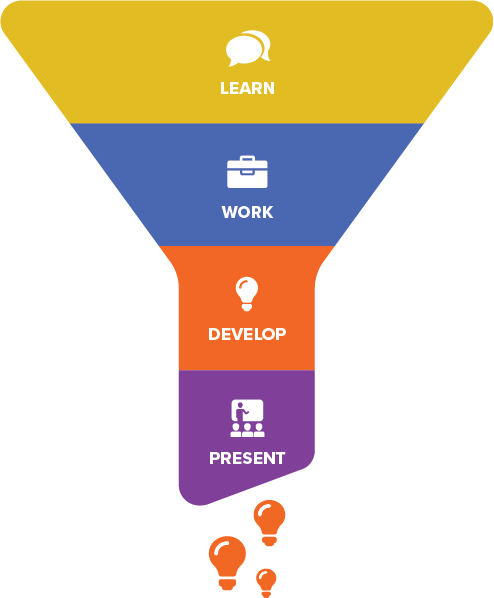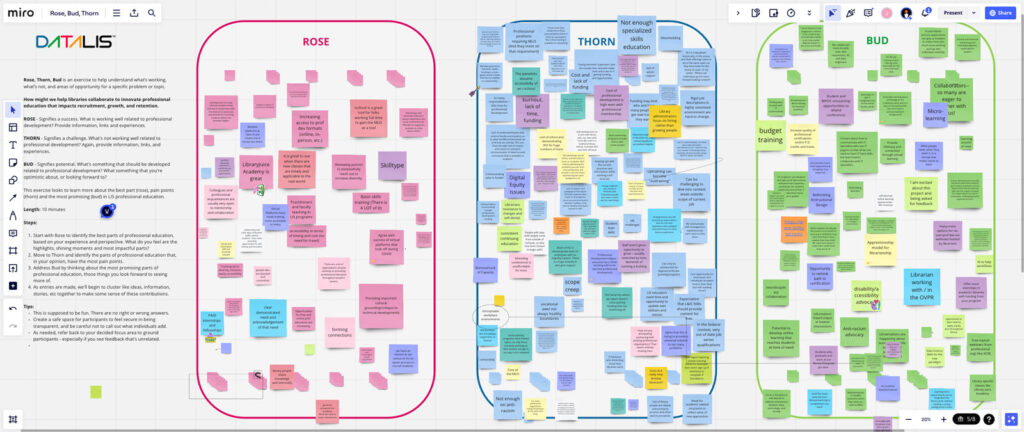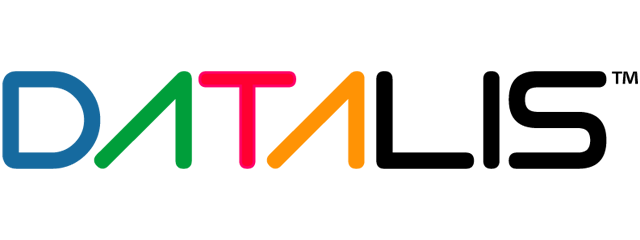How the DATALIS Project’s Design Thinking Approach Is Revolutionizing Library and Information Science Education
The DATALIS project, part of the broader LEADING initiative funded by the Institute of Museum and Library Services, has been pivotal in shaping the future of professional education in the Library and Information Science (LIS) field. This blog post delves into a recent discussion led by Erik Mitchell from UC San Diego, alongside other project leads Jane Greenberg (Drexel University), Rachel Frick (OCLC), John Wheeler (University of New Mexico) as well as Kevin Popovic (Innovation Funnel lead). They explored the successes of LEADING and methodologies of the DATALIS sub-project, particularly its use of the Innovation Funnel and Design Thinking to foster collaboration, problem-solving, and community engagement among LIS professionals.
The Innovation Funnel: A Catalyst for Change
At the heart of the DATALIS project is the Innovation Funnel model which uses a Design Thinking framework to identify innovative solutions to a given problem.

Kevin Popovic, the model’s designer and a key collaborator, created a four stage process (LEARN, WORK, DEVELOP, PRESENT) which helps participants find out about (LEARN), explore and gain insight in a problem space (WORK) with the goal of developing potential solutions and prototypes (DEVELOP) and the sharing of these prototypes broadly for feedback (PRESENT).
Community of Practice: Building a Sustainable Framework
The LEADING project has not only focused on individual learning but has also nurtured a robust community of practice amongst the 150+ fellows, mentors and project collaborators involved in LEADING.

This aspect was crucial in developing a sustainable model that supports continuous professional development in the LEADING project and set the stage for a deeper exploration of professional development pathways through DATALIS.
Learning from the Community: Key Takeaways from the DATALIS Initiative
The panelists all commented that the DATALIS project saw active engagement and input from the community – the result of which included a diversification of problems and prototypes from the original problem statement.

The discussions highlighted how integrating community feedback into every phase of the project ensured that the solutions developed were not only innovative but also inclusive and representative of the community’s needs.
Looking Ahead: The Future of LIS Professional Education
As the LEADING initiative concludes, the insights and methodologies from the DATALIS project were intended to provide a blueprint for future educational endeavors in the LIS field. The updated problem statements and prototypes are represented within the PRESENT summary. As you will see from these prototypes – the solution space expanded to include advocacy, community engagement, online peer-mentorship pairing apps and financial and organizational professional development support models.
Next steps with LEADING
As the LEADING project wraps up its work, the team is working to publish our curriculum, identify future innovation areas in professional education and report out on the impact of our work together over the past five years.
For more detailed insights and ongoing updates, please see the LEADING project website as well as the DATALIS website.
